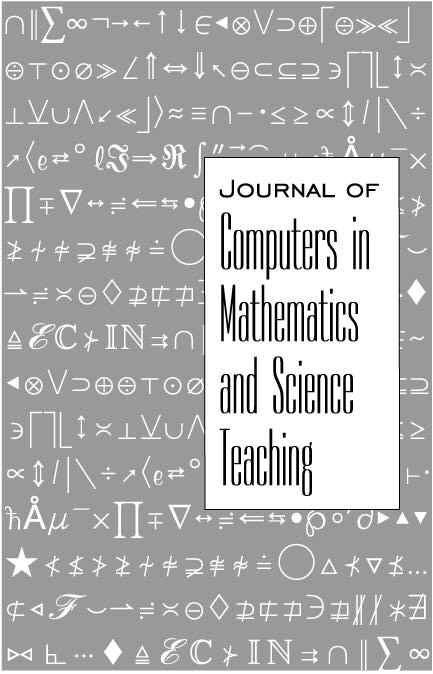
Computational Thinking Skills of Young Children Working on a Programming Task
Diane van der Linde, Windesheim University of Applied Sciences, Netherlands ; Joke Voogt, University of Amsterdam, Netherlands ; Nicole van Aar, Windesheim University of Applied Sciences, Netherlands
JCMST Volume 40, Number 4, ISSN 0731-9258 Publisher: Association for the Advancement of Computing in Education (AACE), Waynesville, NC USA
Abstract
In this study we analysed what computational thinking skills pupils used when programming a small robot to solve a given problem, a simple programming task in which pupils had to select codes and put them in the correct place. Computational thinking is the process of (re)formulating a problem so that it becomes possible to use computer technology to solve it. Five computational thinking subskills were needed to solve the given problem: problem decomposition, abstraction, data ordering, testing and debugging. Forty-two pairs of pupils from grades 2 through 6 (ages 6-12) worked on the programming task. To capture their thoughts, they were asked to think aloud. The pairs were videotaped while working on the programming task. A rubric was developed to score the presence and quality of the use of the five subskills. Data analysis showed that just under half of the pairs succeeded in solving the task, mainly the pairs from the higher grades. For three of the five subskills (problem decomposition, abstraction, testing), the greatest improvement in approach occurred between placing code 1 and code 2. Successful pairs worked in a structured way.
Citation
van der Linde, D., Voogt, J. & van Aar, N. (2021). Computational Thinking Skills of Young Children Working on a Programming Task. Journal of Computers in Mathematics and Science Teaching, 40(4), 357-376. Waynesville, NC USA: Association for the Advancement of Computing in Education (AACE). Retrieved August 31, 2024 from https://www.learntechlib.org/primary/p/215691/.
© 2021 Association for the Advancement of Computing in Education (AACE)
